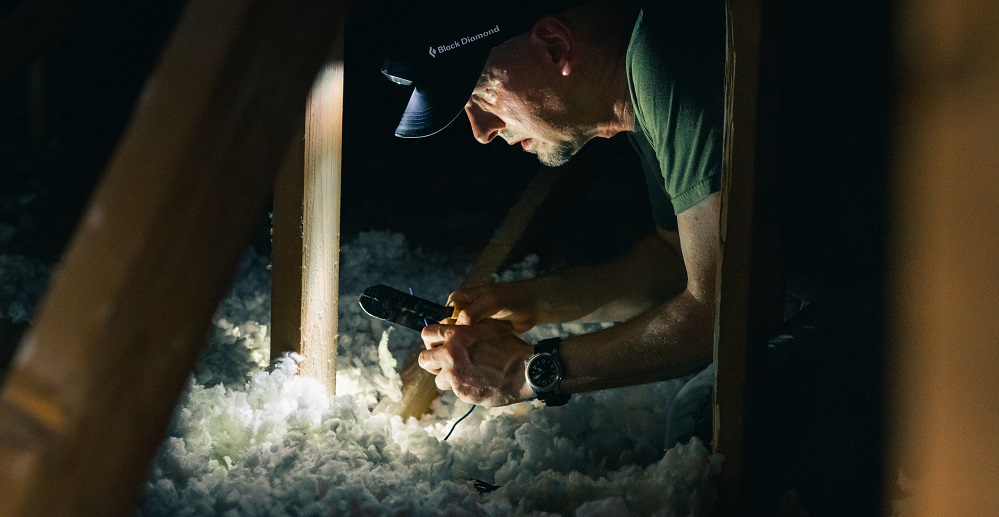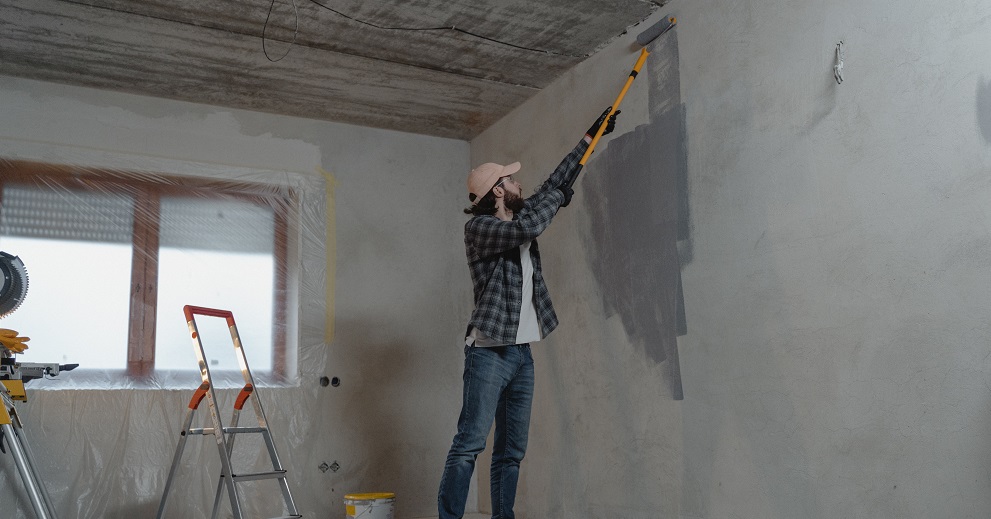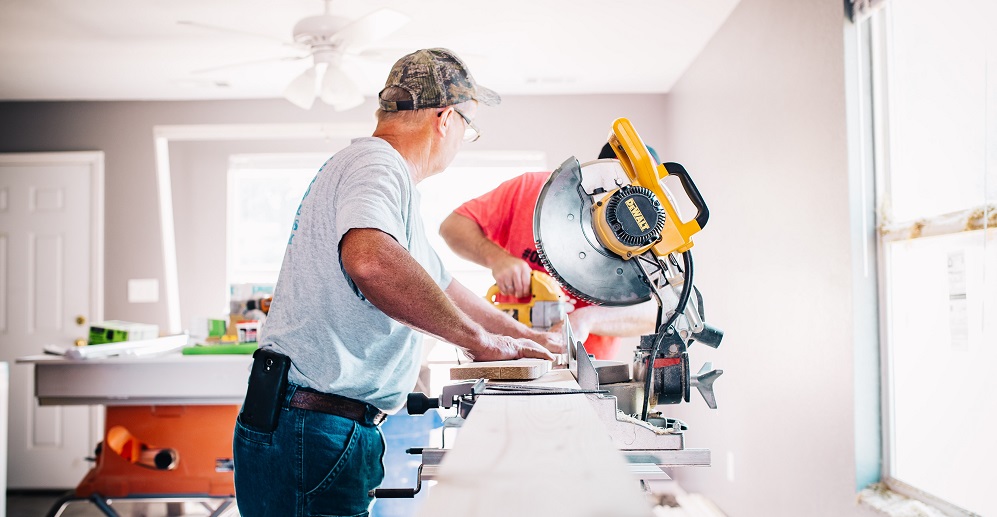Flipping Houses for Profit? Avoid These X Pitfalls

Buy property low, give it a makeover, and sell it for a tidy profit. While flipping houses can be quite lucrative for savvy investors, costly mistakes can result in lost capital. Be aware of these common pitfalls that can quickly tank a house-flipping operation.
Failing to Plan for Capital Gains Tax

Quick turnaround is the name of the game for house flippers, but don't forget to plan for capital gains tax. The IRS imposes this short-term tax at your standard rate if you hold an asset for less than 12 months before selling it for a profit. Some house flippers simply budget for this cost when calculating their bottom lines, while others avoid capital gains tax on up to $250,000 in earnings by living in the home while making repairs.
Spending Too Much on a Property

Novice flippers often let renovations cut into their profit. They might buy a home needing more work than they expected or overestimate the potential value of a property after renovations. Evaluate each deal using the 70% rule. Simply put, the total cost of the property and the renovations should total less than 70% of its projected sale value, providing 30% profit.
Let's look at an example. If you think you can sell a $100,000 property for $200,000 after $50,000 in renovations, your profit is only 25% of the deal. Look for a property with a wider possible profit margin.
[insert page='Offer' display='content']
Ignoring Red Flags

Every flipper loves a challenge, but some homes have serious issues that can't be fixed on a profitable budget or schedule. Walk away from a property with asbestos, mold, foundation issues or severe water damage and familiarize yourself with the signs of these problems (or hire a trustworthy home inspector, which you should do anyway). Antiquated knob-and-tube wiring is notoriously costly to bring up to code. Think twice before investing in a termite-infested home.
Relying Solely on DIY

Construction knowledge improves your chances of house flipping success, but you should also know when to call in the pros. Unless you have training and certification, consult with a contractor if you plan to knock down walls to change the interior layout, require lead paint removal, or need electrical, foundation, HVAC or plumbing work. Code issues from improper or insufficient repairs can prolong the process of permitting the property or even result in lawsuits.
Going Overboard With Upgrades

First-time flippers tend to get carried away with shiny fixtures and cool new features. While a few special finishing touches can set your flip apart from the competition, too many upgrades will quickly blow your budget and cut into your profit.
Another issue? It can be difficult to recoup your investment if you are trying to sell the nicest house in the neighborhood. Do your research and make sure the area can support the property's projected sales value.
Giving Up Your Day Job

When you first start out, view your house-flipping enterprise as an extra stream of income rather than a replacement for your nine-to-five. While it can be tempting to quit your job after a successful real estate deal or two, the volatility of the housing market underscores the importance of a solid backup plan in the form of a steady salary.
Starting small is the best way to excel in the flipping realm. Don't bite off more than you can chew on your first attempt.
Don't let the reality shows fool you; house flipping is far from a passive source of income. Taking steps to avoid these six pitfalls can improve the likelihood of a profitable real estate deal, which can lead to the slow, smart and steady expansion of your enterprise.
